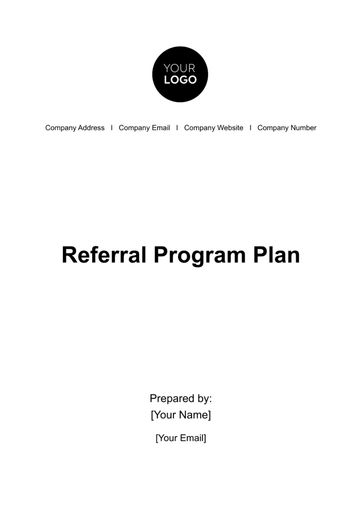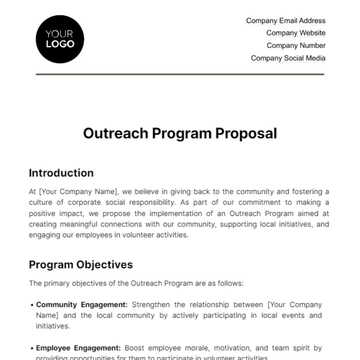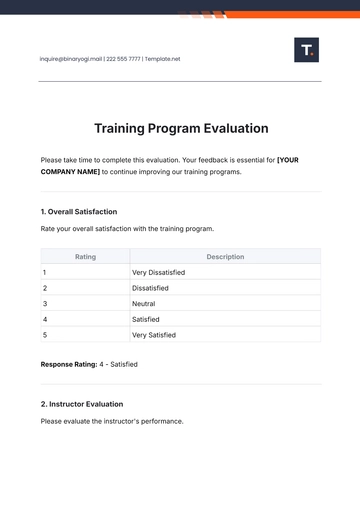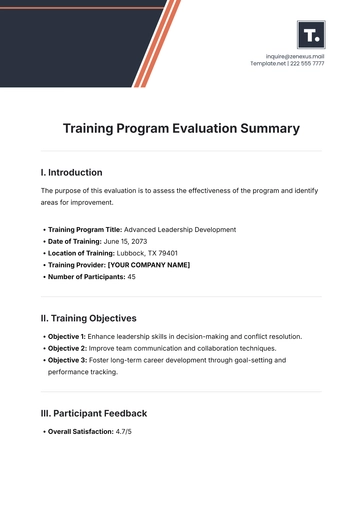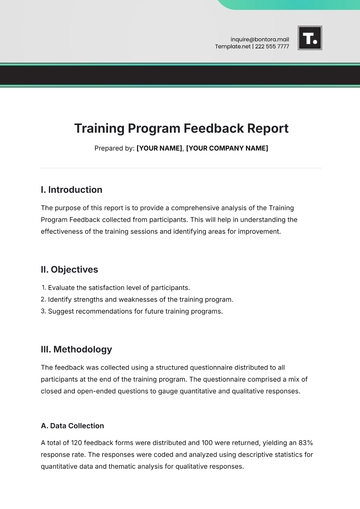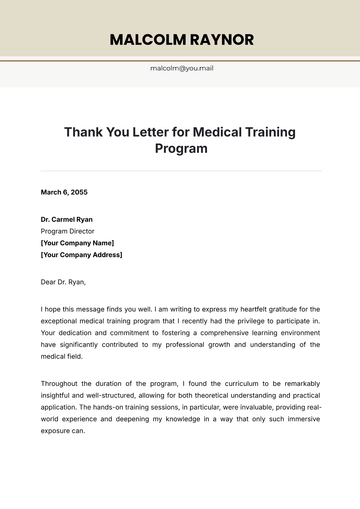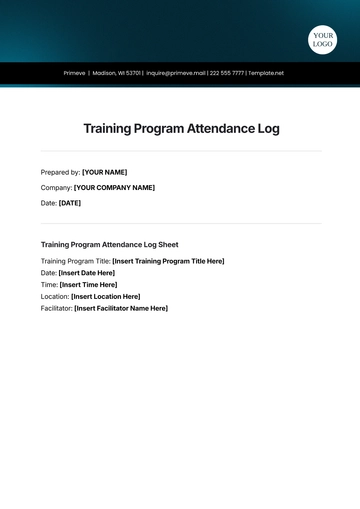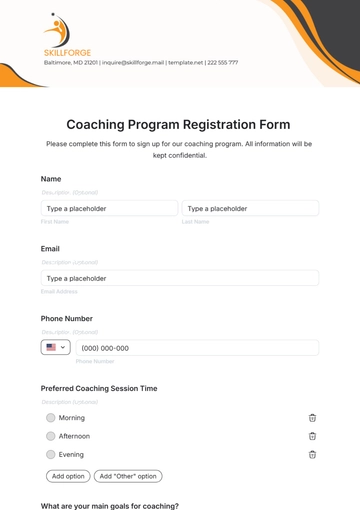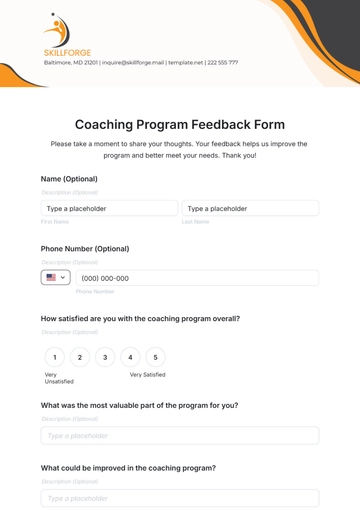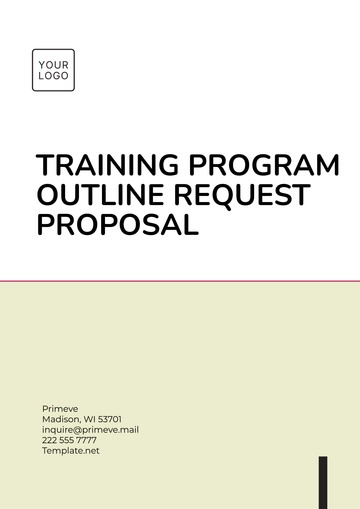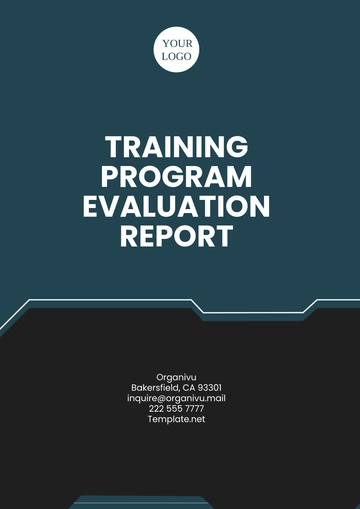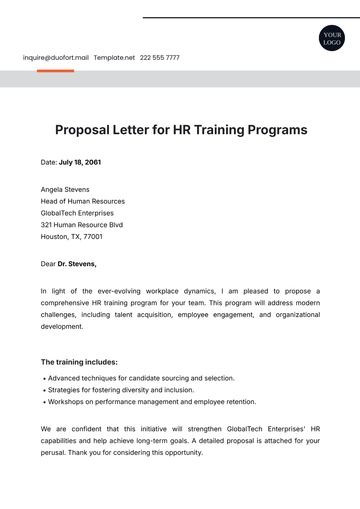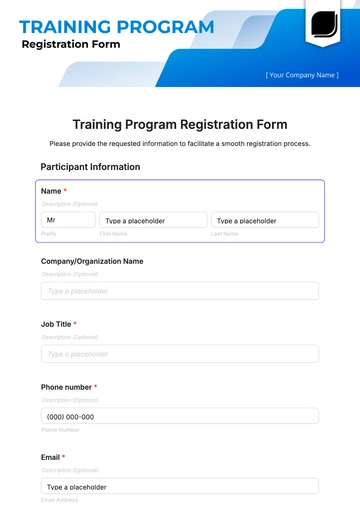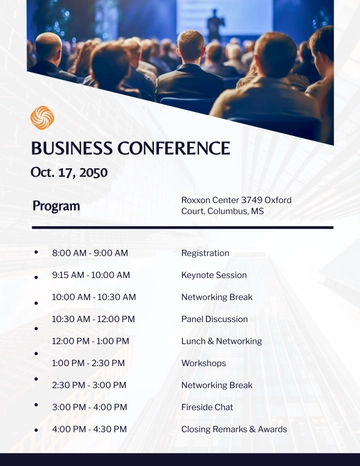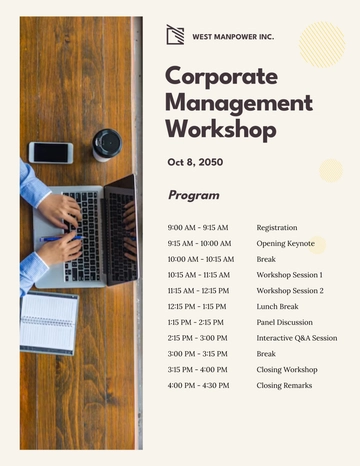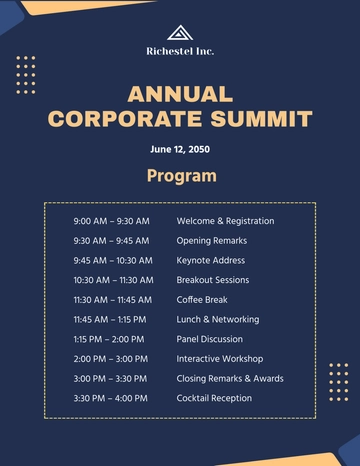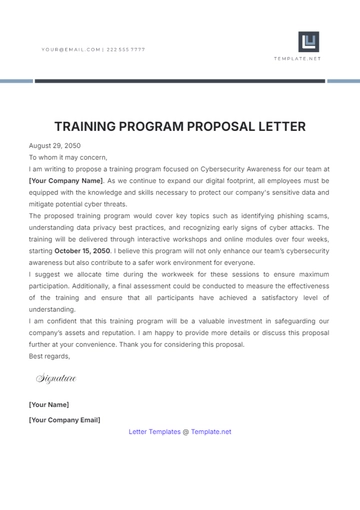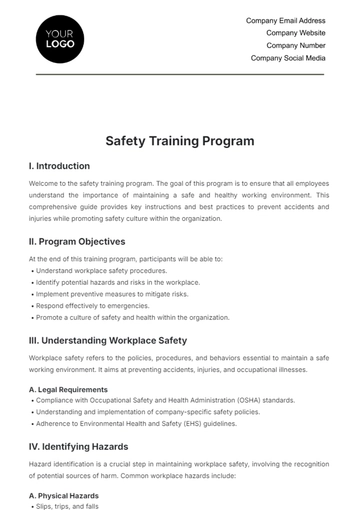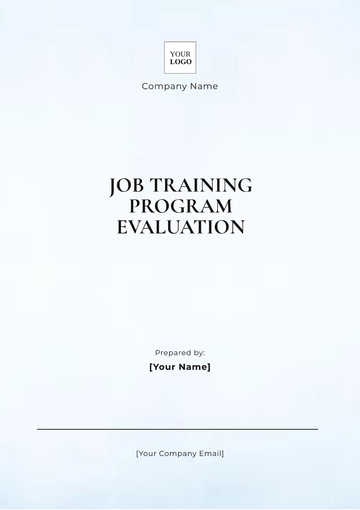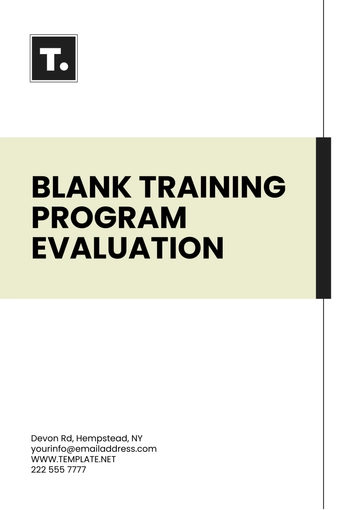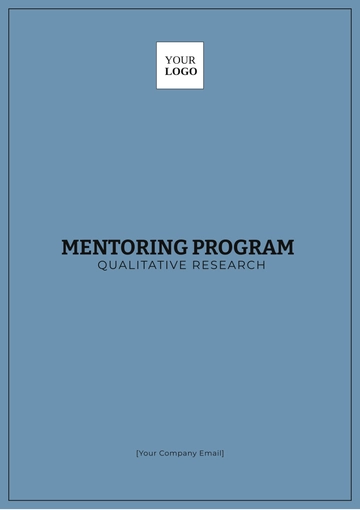Free Compliance Training Program
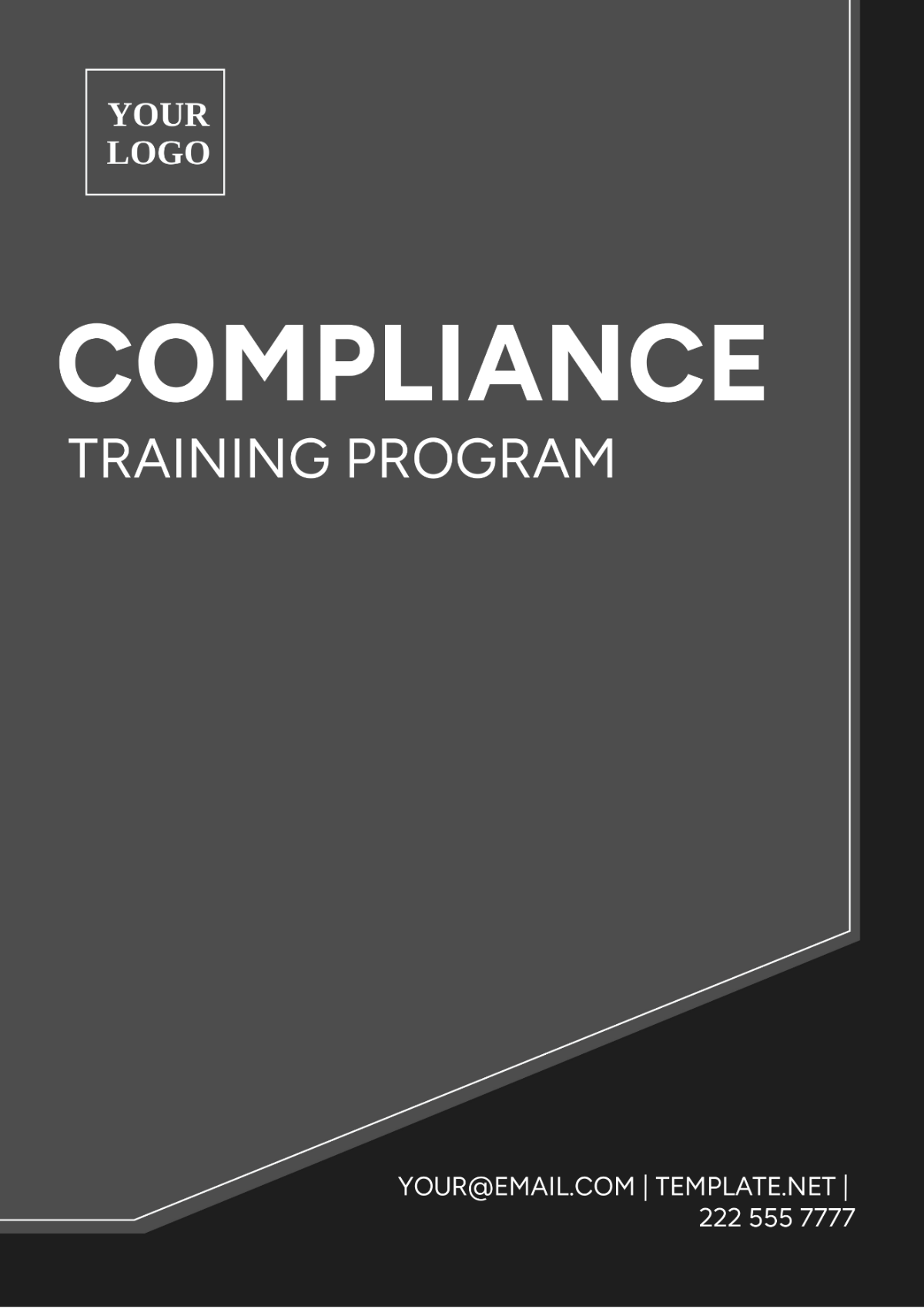
I. Program Overview:
Objective: To educate new employees about the organization's compliance policies and procedures to ensure adherence to legal and ethical standards.
Duration: [Insert duration, e.g., 1 week]
Delivery Method: Combination of presentations, interactive sessions, quizzes, and real-life scenario discussions.
II. Program Modules:
1. Introduction to Compliance:
|
|
2. Organizational Policies and Procedures:
Provide an overview of the organization's policies and procedures related to: |
|
|
|
|
|
|
3. Legal Framework:
|
|
4. Training on Specific Compliance Areas:
Conduct specialized training sessions based on the employee's role and department.
|
|
|
|
5. Case Studies and Scenarios:
|
|
6. Reporting and Escalation Procedures:
|
|
7. Assessment and Evaluation:
|
|
8. Interactive Workshops:
|
|
9. Role of Employees in Maintaining Compliance:
|
|
10. Continuous Learning and Resources:
|
|
III. Conclusion:
Reinforce the importance of compliance in maintaining the organization's integrity and reputation.
Encourage employees to apply the knowledge gained during the training in their day-to-day activities.
Express commitment to supporting employees in upholding compliance standards and fostering a culture of ethics and accountability.
IV. Follow-Up:
Schedule periodic refresher training sessions to reinforce key concepts and address any updates to policies or regulations.
Encourage open communication channels for employees to seek clarification or report compliance-related issues.
By implementing this comprehensive compliance onboarding program, new employees will be equipped with the knowledge and skills necessary to navigate the organization's compliance landscape effectively.

[Your Name]
Compliance Officer
Date: [Insert Date]
- 100% Customizable, free editor
- Access 1 Million+ Templates, photo’s & graphics
- Download or share as a template
- Click and replace photos, graphics, text, backgrounds
- Resize, crop, AI write & more
- Access advanced editor
Unlock compliance excellence with our comprehensive Compliance Training Program Template, offered by Template.net. Tailored for seamless integration into your organization, this customizable template empowers you to craft training programs suited to your specific needs. Easily downloadable and printable, it's editable in our AI Editor Tool, ensuring effortless customization and implementation. Elevate your compliance efforts with this versatile solution today.
